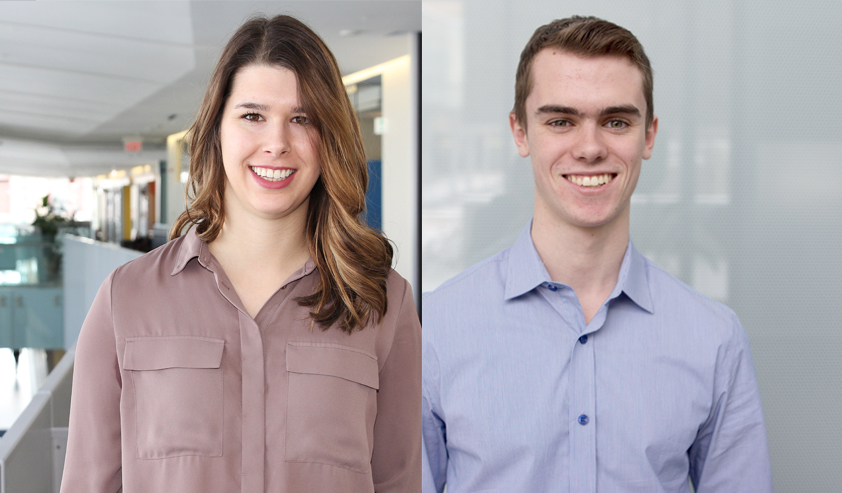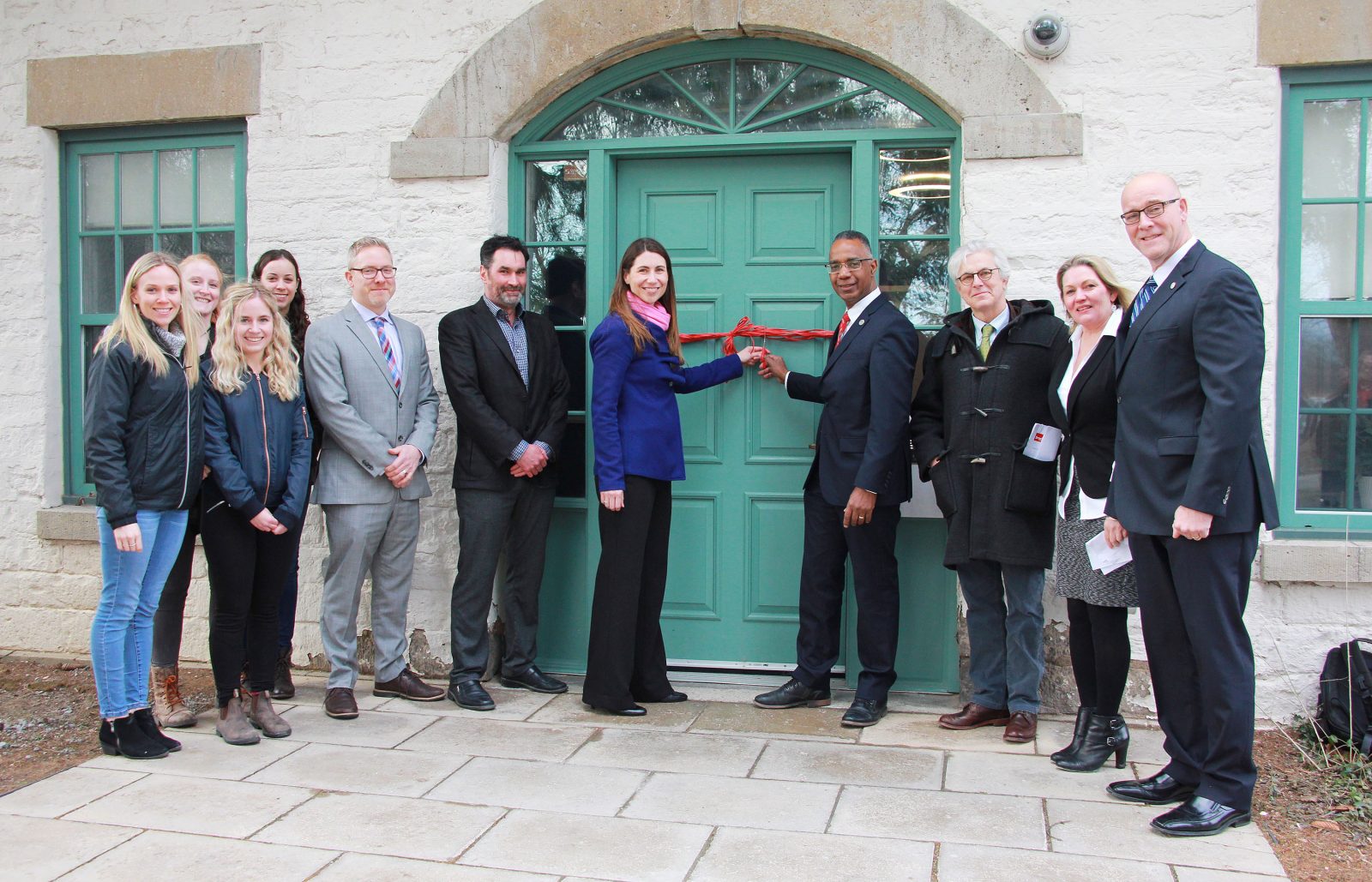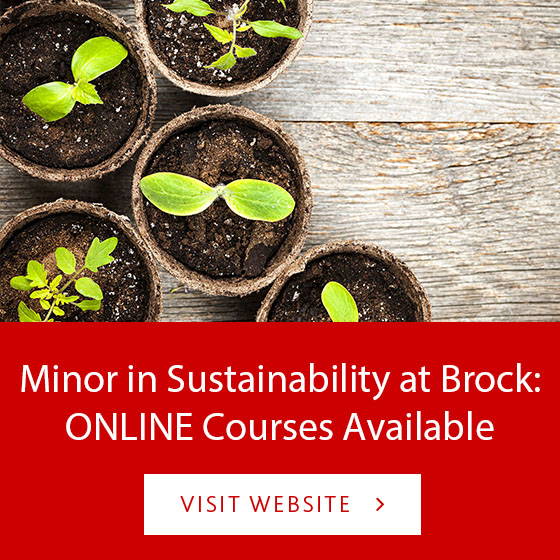Blog Contributor: Lydia Collas
Each year, students in the Sustainability Science and Society (SSAS) graduate program embark on their co-ops between May and August. Since the SSAS program was established in 2014, students have worked in extremely varied industries, including eco-tourism, public transportation and town planning, and in locations from Niagara to Nicaragua!
This year, SSAS student Meghan Birbeck was awarded the title “Co-op Student of the Year” – an honour given to just two students annually. Meghan spent an extended co-op working as a Sustainability Intern at the Town of Lincoln and was instrumental in securing the Living Lab Partnership between the ESRC at Brock University and Lincoln. I recently met up with her to find out more about the experience and what’s in store for the future.
Meghan, what did your work as a Sustainability Intern involve?
At Lincoln, I worked with a wide variety of departments that included planning and development, public works, community services, economic development and communications. My role was to bring a “sustainable” lens to issues that they were tackling. This was the first year that they had taken on a co-op student so the role was quite diverse and I applied myself to whatever task was most pressing.
During your co-op experience, is there a project that you worked on that was most interesting/ enjoyable?
The pilot public transit project that I worked on was really great. I was involved in reviewing current public transit services and I worked on exciting new developments. This involved drafting new transit routes as well as community outreach and education to connect with the local community about sustainable public transit.
Now that you have returned to your studies in the SSAS program, what impact do you think your co-op experience has had?
My co-op has really complemented my studies in the SSAS program. The experience allowed me to see how some of the underlying theories of sustainability have such broad implications – such as to the municipal projects that I was involved in!
And did the co-op have a lasting impact on your future goals and plans?
Definitely – I was invited to extend my co-op so I stayed on for eight months in total. I’m now doing my MRP but I have plans to go back to Lincoln this summer as well. Through the planning projects that I worked on, I developed an interest in becoming a professional accredited planner. My plan now is to combine this planning work with my education in sustainability.
Is there anyone that you’d like to thank for their part in this experience?
I am grateful that Brock had an established relationship with the Town of Lincoln that led to this co-op placement being established. I am very thankful to Melissa Beamer in the Co-op Department for her support during the application process and for acting as my Senior Employer Development Manager. I am also extremely grateful to Carrie Beatty at the Town of Lincoln for her unwavering support, ensuring that I was exposed to challenging projects and for making work and inviting and fun place to come to each day.

Meghan receiving the “Co-op Student of the Year Award” after the official awards ceremony on 22 March 2018. Photo by Michelle Lesley Annett.
























